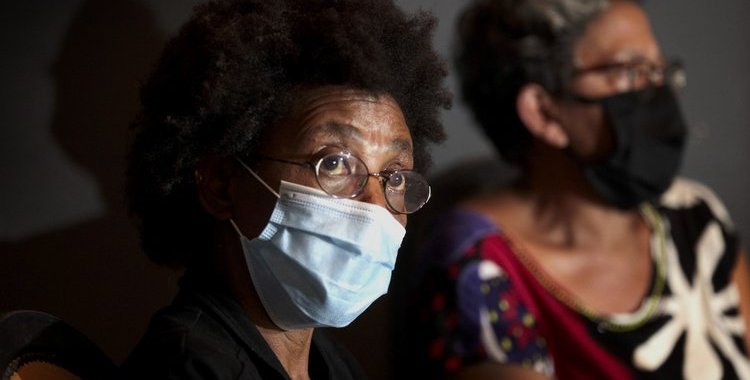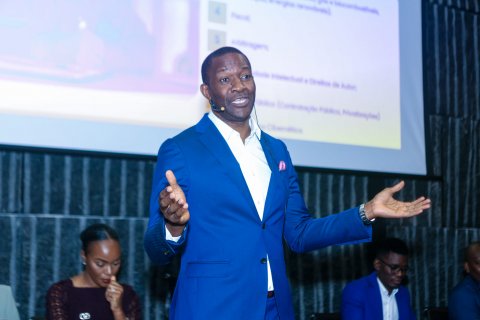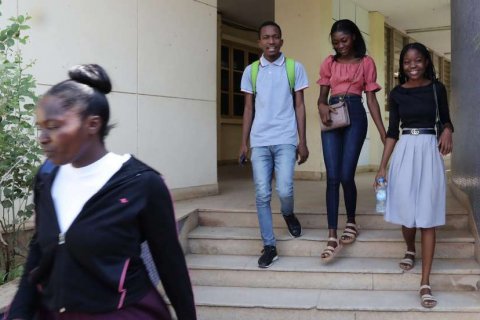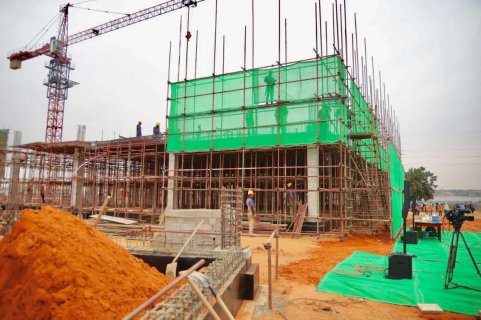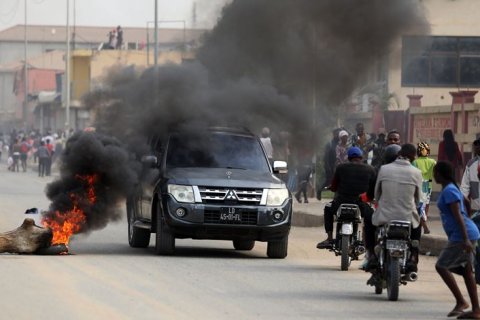"Construction of the Democratic and Law State: Diversities and Identities versus Racisms and Tribalisms" is the theme of a forum, called "Intergenerational Conversation", which takes place this Thursday in Luanda.
For activist Laura Macedo, one of the speakers at the meeting, racism and tribalism "only thrive in a society like ours" due to the "disruption caused by non-inclusive public policies".
According to the activist, there is no interest from government officials in building a true democratic and legal state, considering that the "stratagem" of those who run the country "is the construction of illiteracy".
"In Angola, the lack of hope for the improvement of living conditions persists," she said, referring: "The lack of a quick and serious justice, independent of political power, makes the dream we have kept a mirage".
Laura Macedo also accused the Government of "ostracizing" the interior of the country, exemplifying the case of the provinces of Cabinda and the Lundas region, rich in mineral resources, "but completely devastated".
"And we should all be ashamed of why these people want protectorate," she shot her.
The deputy of the National Union for the Total Independence of Angola (UNITA), in opposition, Miraldina Jamba stated, in the course of her presentation, that racism and tribalism "have conditioned the construction of national unity".
"The truth is that we are constantly witnessing tribal and racist tendencies in society, both in ordinary citizens and in public actors and in the media," she said.
For the country "to be free from racism, tribalism and regionalism", the deputy defended "investment in early childhood, in the education of young people and children for the respect and acceptance of others".
Former Prime Minister Marcolino Moco, exonerated by the President at the end of February from the position of non-executive director of oil company Sonangol, was also one of the speakers at this forum.
Marcolino Moco, who before being exonerated, had criticized a statement from the Political Bureau of the Popular Movement for the Liberation of Angola, following the incidents of Cafunfo, said that he did not fail to criticize for being a "coherent person".
"I did not stop criticizing, if my concern was to keep the place I would say something else, I heard that racist communiqué from the Political Bureau and saying that it is good would not be consistent," he said, responding to a question from the audience.
Hunger, garbage, citizens outside the education system, without civil registration, lack of water, electricity, insecurity and fear were pointed out by Cristina Pinto as "evils that hinder the construction of a true democratic and lawful state ".
In her speech, this speaker at the forum questioned the "persecution that still persists" to those who think differently in Angola and the "lack of a free press", defending "inclusive national conferences for an effective reconciliation".
"The question of identity has yet to be resolved and we should no longer postpone the country's progress and development," she noted.
Filomeno Vieira Lopes, an economist and politician from the Democratic Bloc, in opposition, considered that peace must be founded on justice, referring that Angola has "strong cultural values" that should "serve as a basis for the structuring of our ground".
The "Intergenerational Conversation" forum is promoted by the organization "Ambuila".

